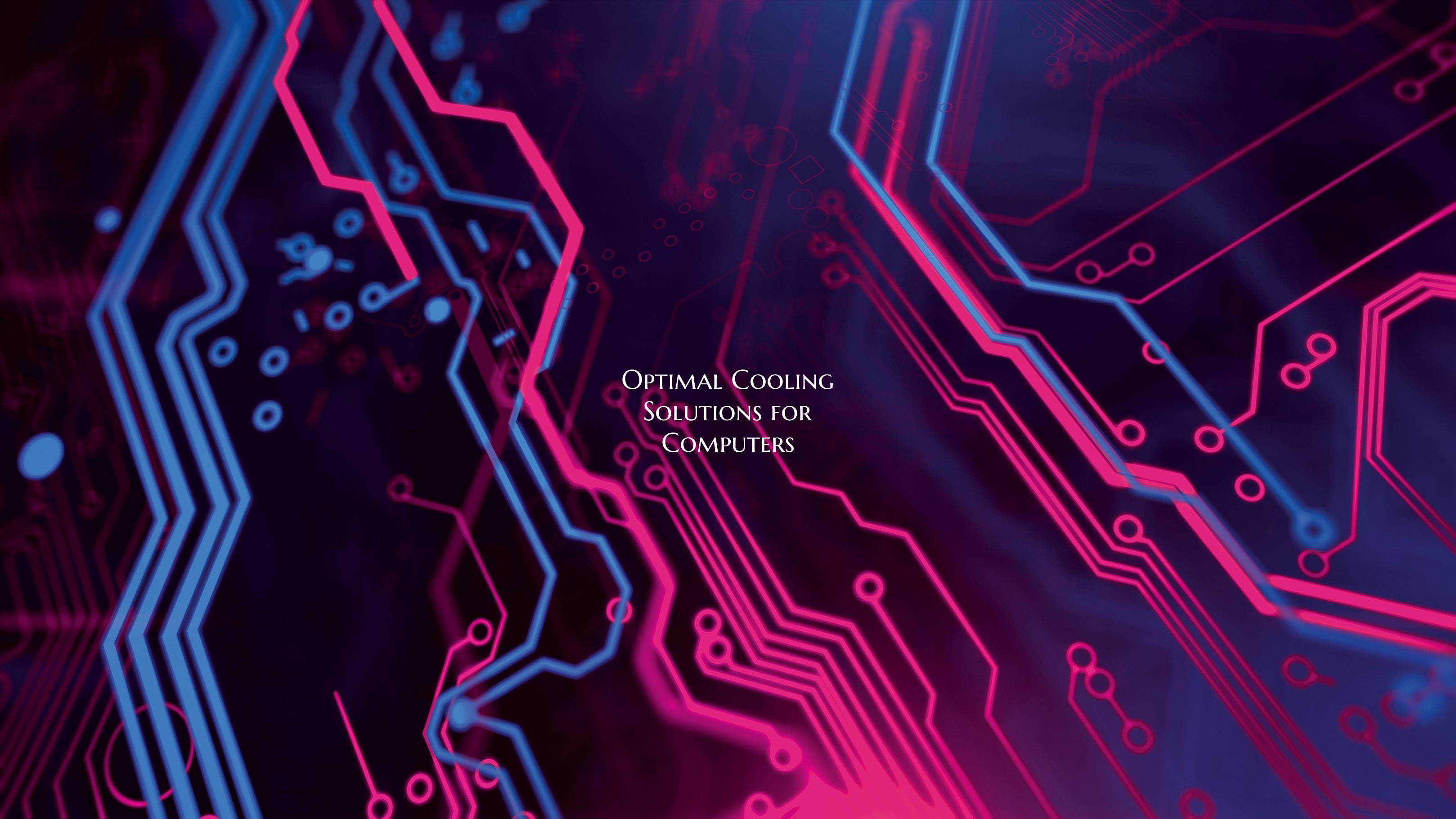Optimal Cooling Solutions for Computers
In the fast-paced world of technology, computers continue to advance in power and capability, resulting in increased heat generation within the devices. To ensure optimal performance and longevity of your computer, proper cooling solutions are essential. Effective cooling not only prevents overheating, but also maintains the efficiency of the system, enabling it to function at its best.
1. Air Cooling: Air cooling is one of the most common and cost-effective methods for cooling computers. It involves the use of fans to dissipate heat from components such as the CPU and GPU. By installing additional case fans and ensuring proper airflow within the computer case, air cooling can effectively regulate temperatures and prevent overheating. It is a simple yet effective solution for most users.
2. Liquid Cooling: Liquid cooling systems offer superior heat dissipation compared to air cooling. This method involves circulating a liquid coolant through a series of tubes and blocks that come into direct contact with the hot components. The coolant absorbs the heat and carries it away, maintaining lower temperatures. Liquid cooling is ideal for high-performance systems and overclocked CPUs or GPUs, where air cooling may not be sufficient.
3. Heat Sinks and Thermal Paste: Heat sinks are metal components that absorb and dissipate heat from the processor and other components. They work in conjunction with thermal paste, which improves heat transfer between the component and the heat sink. Upgrading to high-quality heat sinks and thermal paste can significantly enhance the cooling efficiency of your computer, especially for intensive tasks such as gaming or video editing.
4. Optimizing Case Ventilation: Proper case ventilation is crucial for efficient cooling. Ensure that your computer case has adequate airflow with intake and exhaust fans in the right locations. Dust filters can also help prevent dust buildup and maintain optimal airflow. Cable management is another aspect to consider, as organized cables can improve airflow within the case and prevent blockages.
5. Monitor Temperatures: Monitoring the temperatures of your components is essential to prevent overheating. There are various software tools available that can provide real-time temperature readings for your CPU, GPU, and other components. By keeping an eye on temperatures and adjusting fan speeds or cooling settings accordingly, you can maintain a stable and cool operating environment for your computer.
In conclusion, optimal cooling solutions are vital for maintaining the performance and longevity of your computer. Whether you opt for air cooling, liquid cooling, or a combination of both, investing in effective cooling methods can significantly improve the overall efficiency of your system. By implementing the right cooling solutions and practicing good maintenance habits, you can ensure that your computer operates at its best for years to come.

